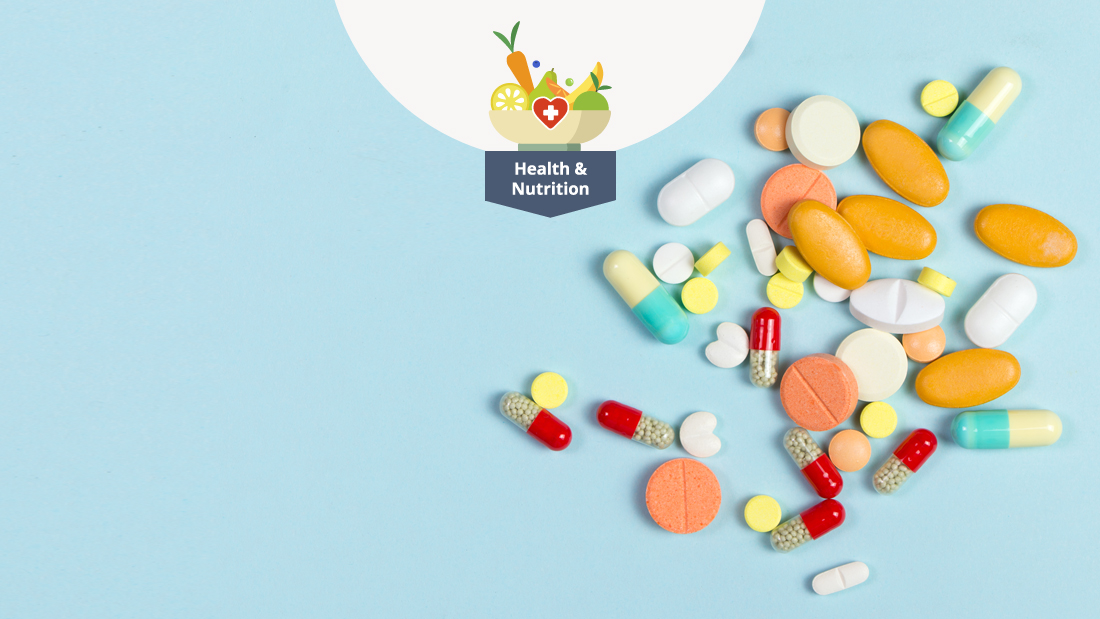
Making sure your medicine is safe
Headaches, heartburn, indigestion, morning sickness, nausea – even this, the briefest list of the kinds of health challenges you will face in pregnancy, is enough to have you (or your partner) quickly reaching for the medicine cabinet.
However, you should, of course, exercise caution when taking medicines or supplements until you know for sure that what it is you are taking is safe for you and your baby.
What you need to know
It is important to remember that the vast majority of medicines you might take during your pregnancy will cross the placenta and enter the bloodstream of the developing foetus.
As such it is absolutely vital that you check with your GP, midwife, doctor or pharmacist before taking any medicine when you are pregnant.
For some mothers-to-be even this is not enough, and many will turn internet sleuth to investigate the safety advice for a medicine that they have already been told it is okay to take. This is fine, of course, if you are just taking paracetamol of something similar for a mild complaint; but remember, if you are taking a medicine for a potentially serious health condition, it is essential that you follow the advice of your health professional.
Existing prescriptions
If you are on an existing prescription and have become pregnant, you should notify your GP at the soonest opportunity so that you can discuss and assess your options.
However, you should never stop taking a medication without first consulting your health professional. Not only may ceasing the medication be bad for you, it might also be bad for your baby. In the event that pregnancy means the medicine is no longer suitable for your situation, you can discuss the alternatives.
For those looking for further information, the bumps website (best use of medicines in pregnancy) is a not-for-profit organisation funded by Public Health England on behalf of the UK Health Departments and provides a great resource for anyone whose pregnancy has led to concerns about a particular medication. While the UK Teratology Information Service (UKTIS) can provide information to your doctor in the event that there is any uncertainty or conflicting information regarding a specific medication’s fitness for use during pregnancy.
Colds and headaches during pregnancy
Given that you probably already feel heavy, headachey and sluggish, catching a cold is likely to be the last thing you want or need in pregnancy, particularly as you are likely to have perfectly valid reservations about the use of cold and flu medicines. And to make matters worse, as your immune system is slightly depressed you are more likely to catch a cold when you are pregnant!
If you feel you have a cold, be sure to stay well-hydrated, take your temperature at regular intervals and, unless specifically advised otherwise, avoid any cold and flu medication that includes any of the following:
- Antihistamines
- Ibuprofen
- Aspirin
- Codeine
- Phenylephrine
Lastly, be sure to check with a health professional before taking any cold and flu medication that has been recommended to you by someone other than a qualified individual.
Fortunately, the NHS says that taking paracetamol should be fine during pregnancy as long as it is taken at the recommended dose.
Anti-depressants, mood stabilisers and anticonvulsants
According to mental health charity Mind, if you are pregnant you should discuss any prescription for antidepressants, anticonvulsants or mood stabilisers you have with your GP.
Possible side effects of taking anti-depressants during pregnancy include the following:
- Birth defects, including heart problems, spina bifida and cleft lip
- Miscarriage
- Premature birth
- Foetal anticonvulsant syndrome
- Withdrawal symptoms in the baby from birth
Ultimately, any decisions regarding medication for these conditions will depend on the conversations you have with your health professional on the subject and how you perceive the respective level of risk to you and your baby weighs against the effects of withdrawing from the medication.
What about natural remedies?
The temptation, in many cases, will be to try natural remedies in preference to a pharmaceutical or conventional solution.
However, it is worth remembering that some natural remedies, also known as complementary therapies, are not safe during pregnancy. For example, even some herbs can cause side effects in pregnancy.
Even those remedies which are said to be safe may not be of a reliable potency or quality, and others may contain additional substances – for example, lead – that may be harmful.
As such, it is just as important that you are rigorous in checking the suitability of “natural” and home remedies for use in pregnancy as it is with conventional medicine. Further information can be found from the Professional Standards Authority for Health and Social Care (PSA).
That said, according to the NHS, the following complementary practices are safe during pregnancy and may have some efficacy for certain conditions:
- Massage and aromatherapy for anxiety treatment
- Acupuncture for back and pelvic pain
- Acupressure, ginger and vitamin B6 for morning sickness
For further information on this topic written by a clinician, read Dr ALex Viner’s article on Medication in pregnancy.


